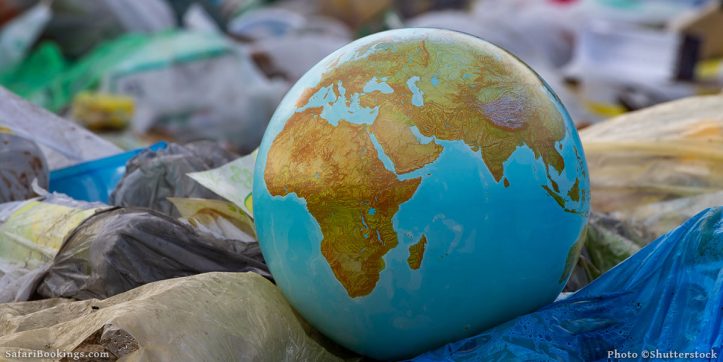There is a collective effort worldwide to phase out the use and production of single-use plastic. Back in 2002, Bangladesh was the first ever country to ban thin, single-use plastic. Several countries followed suit by either imposing a partial or complete ban on the use of plastic, or levying tax on every single single-use plastic item.
The fight against plastic pollution is not just to make our surroundings look prettier and cleaner, but mainly to save the planet we live in from dying. With rivers, ocean, land and even mountains already all choked up with plastic waste, very recently researchers have found traces of plastic inside our body, in the blood.
The plastic we discard ends up in our land and ocean, two main areas from where we get our food to survive. The lifespan of a normal plastic item is upto 1000 years, plastic bottles upto 450, and plastic bags for about 20 years. Let’s just say our entire lifetime. That’s too much time in our life, living with plastic in our system and that can’t be good.
When the whole world is fighting the good fight for a cleaner eco-friendly life, Africa is taking things one step ahead of everyone and setting a new bar for the whole world. Out of 170 nations that pledged to ban the single-use plastic, around 77 of them have passed full or partial ban, 34 countries are from Africa alone.
Countries like Tanzania, Kenya, Mali, Cameroon, Uganda, Ethiopia, Malawi, Morocco, South Africa, Rwanda and Botswana have strict policies on use of single-use plastic. They are either completely banned or the government levies a very high tax on them.
Taking things one notch higher is Tanzania that, as of 2019, has announced that travellers are no longer allowed to bring in plastic bags when they visit the country. This includes all plastic carriers, regardless of their thickness.
They even make in-flight announcements to surrender any plastic bags. Special counters are set up at the airport and border posts for travellers to surrender any kind of plastic bags. The only exception is ziplock bags used as toiletries, provided they leave Tanzania with you. Travellers are encouraged to bring cloth carry bags instead of plastic.
So now you know what to pack and what not to when you plan for that beautiful African holiday that you have been waiting for. It is always better to be an environmentally conscious traveller.
Source: Times of India






